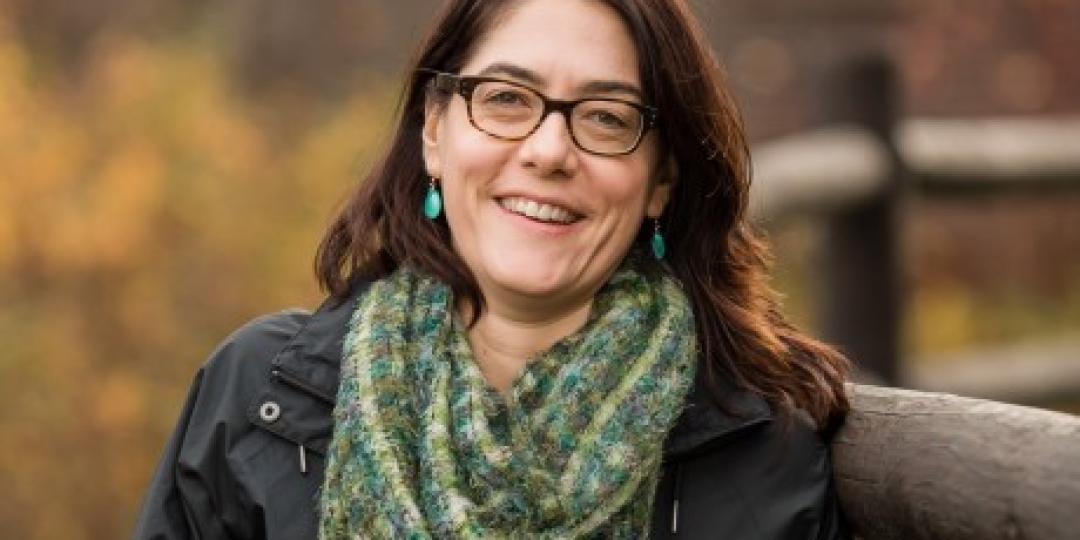Travel professionals need to create more spaces for low-stakes, honest conversations to raise cultural literacy as well as to nurture more curiosity and equity in an unequal world, both far away and close to home.
This was the message from a recent Adventure Travel Trade Association (ATTA) Campfire Chat conversation between Dr Anu Taranath, author of the book, Beyond Guilt Trips: Mindful Travel in an Unequal World, and ATTA President, Casey Hanisko.
The ATTA Campfire Chat series aims to share inspiration and vision from thought leaders whose areas of expertise inform and guide the adventure travel industry.
Taranath, who is also a race, equity and diversity consultant, speaker and professor, said her book was situated at the intersection of international travel and racial justice work in the US to help bring these two conversations together.
She called on people not only to think about the difference far away, but also the very difference we are trained not to see at home.
“We have been so rarely socialised to talk honestly about race, history and identity. Many of these conversations are shrouded in guilt, shame as well as fear of saying the wrong thing and not wanting to cause waves, feeling insecure about who we are in this unequal world.”
Taranath said creating low-stakes spaces for honest conversations was a building block – a civic duty, really – towards being in community with one another. “If we don’t have that, how are we supposed to navigate the hundreds of years of history that play out in locations now, whether I am in Seattle, Mississippi or going to Nepal for a visit?”
She said a group of wealthy Americans travelling to a community with a very different colonial history could not help but notice the poverty and difference in infrastructure. “Creating honest conversations where travellers are able to talk about it together – why they are there, how they feel, what they notice around them, how is history playing out in this moment, what is the community saying, why they think it is like this, what their role or responsibility is there – these are the conversations that enhance our trips.”
More time and intention needed
Hanisko suggested that travel professionals therefore needed to put more time and intention behind the creation of travel experiences. “Why is this okay, why would it be good for the community? We need a more thoughtful approach.”
Taranath agreed. If a person/team/study abroad programme/tour operator hadn’t grappled with the context and reason behind the inequities, then the well-intentioned desires of travellers (usually with a lot more power and privilege) to helicopter down into a community for a week to do something good, feel accomplished, take photos and then leave did nothing for the broader structure. It only created more opportunities for privileged people to drop by at their convenience.
“We don’t need a check-box approach. It looks nice and neat and you can advertise it on your website, but it does nothing. We need to move away from that to a process that is slow, methodical and intentional, allowing us to step into the gift of being more human together. This will help us have healthy communities at home and enhance our travel experiences abroad.”























